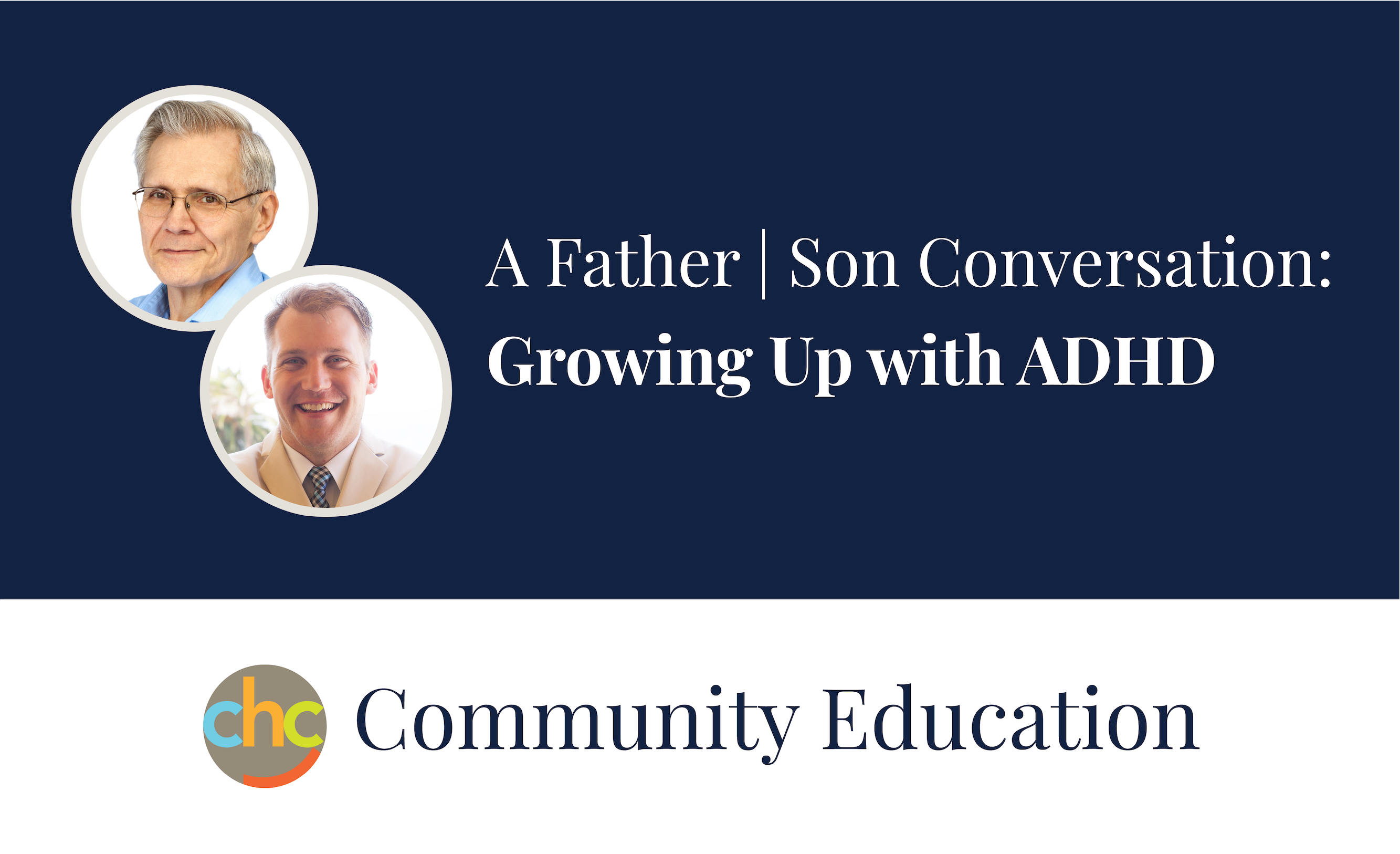Feeling Forgetful? How the Pandemic May Have Messed With Our Memory
Written by Vivien Keil, Ph.D.; Consulting Neuropsychologist, PSY#22347
 We have all learned a great deal in the last 18 months. These have been forced lessons at the hands of a global pandemic. We know much more than we ever wanted to about the effects of COVID-19 and the trauma surrounding chronic stress, grief, and loss. It’s no surprise that our weary hearts and minds wonder…what’s next? What should I expect so that I can be better informed and prepared, especially as a new school year approaches?
We have all learned a great deal in the last 18 months. These have been forced lessons at the hands of a global pandemic. We know much more than we ever wanted to about the effects of COVID-19 and the trauma surrounding chronic stress, grief, and loss. It’s no surprise that our weary hearts and minds wonder…what’s next? What should I expect so that I can be better informed and prepared, especially as a new school year approaches?
My response to the question above is to accept the fact that our memory capacity has been impacted by this pandemic, and this is true for us as parents as much as it is for our children. As a clinician who specializes in pediatric neuropsychology, I can tell you that there have been observable changes in our collective neuropsychological functioning over the past year plus. Who is more forgetful now as compared to pre-pandemic? All of us! Before we all rush out to determine if our kids (or ourselves!) have some sort of learning and/or memory disorder, let’s try and put this all in perspective.
Believe it or not, our weaker memories make sense. For well over a year, we have engaged in relatively few social interactions, which has drastically reduced the number of conversations we engage in. Conversations are essentially the stories of our lives and our story-telling is a memory strategy of sorts – verbal repetition that allows us to consolidate our memories of these events. Without these ongoing conversations, we are more likely to forget what has happened to us. Imagine what this means for our kids – without camps, birthday parties, in-person schooling, family reunions, and sports, they have been left with fewer experiences and fewer opportunities to sustain their pre-pandemic memory functioning.
Beyond the loss of social interactions, most of us were confined to a single space as we juggled online school and remote work. Our daily surroundings rarely, if ever, changed. This is inherently problematic to our memory as changing environmental cues are important in distinguishing events and memories. Taking breaks and changing your setting provides useful time points and anchors for your memory. These anchors are virtually non-existent when you roll from one online meeting/class to the next, all in the same location. If all of your son’s learning is anchored to sitting at the kitchen table and staring at his tablet, it will be harder for him to distinguish his memories and retrieve them later when he needs to for various learning activities and assignments. This is very different than if your son was able to recall how to do a math problem by remembering where he sat in the classroom and who was sitting next to when he initially learned the math concepts and what the visual supports on the whiteboard looked like when the teacher introduced these problems. In this example and our entire pre-pandemic lives, there were far more contextual cues that helped us store and retrieve our memories, which served to reinforce our learning.
So where does that leave us? What can we do to strengthen our learning and memory and get out of this mental haze? Here are a few strategies to get you and your kids on a better path:
- Go outside more and take unfamiliar routes to keep yourself more engaged and attentive
- Talk more intentionally about the events in your life, even if they seem trivial
- Keep a journal and write about your day
- Change scenery when/if possible (e.g., take a call outside, go into a different room for a meeting)
- Make the weekends look and feel different than the work week
- Take advantage of organizational tools like To Do Lists and Alerts to get through weaker memory moments
- Engage in any and all of your preferred anxiety reduction techniques since we know negative/intense emotions undermine memory and learning
As we ease into the new school year, let’s all remember to be patient with each other and especially our kids. This is not a game of “catch up.” If we focus on connection and conversation, we will be taking great strides in strengthening our kids’ overall learning and memory.
Do you need someone to talk to? To schedule an evaluation or to get advice about your child’s challenges, call or email a CHC Care Manager at 650.688.3625 or careteam@testing.chconline.org CHC teletherapy services are available now.





